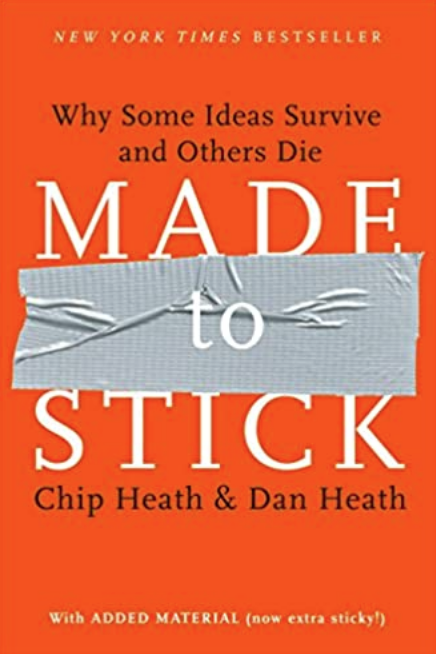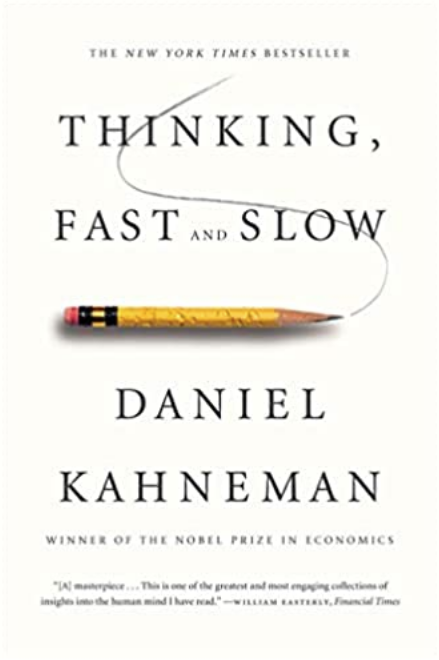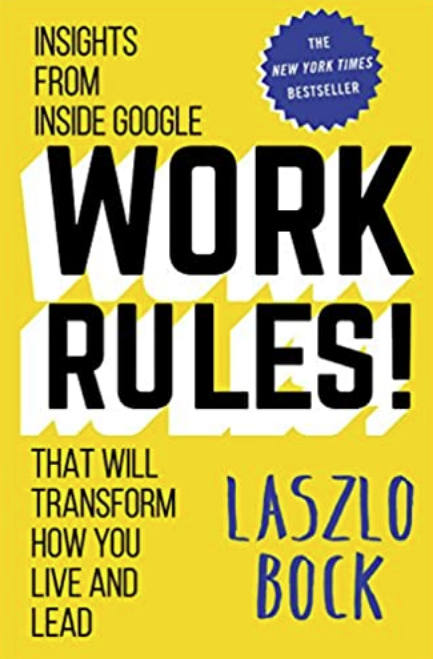Changing Professional Development One Question At A Time
Originals
Think you might want to read this book?
Adam Grant’s Originals doesn’t disappoint. He looks at a whole host of variables that play a role in how original ideas are spawned, accepted and rolled out to the world. Diving into companies such as Warby Parker, ideas such as procrastination and people such as Edwin Land (Polaroid) to offer examples of original thinking impacting the world. A particularly myth-busting example was his suggestion that procrastination is sometimes a positive. Both Martin Luther King’s “I Have A Dream” speech and Abraham Lincoln’s Gettysburg Address were primarily written the night before. Grant argues that if the thinker is motivated and the topic/task is clear in their minds that waiting to actually build out your thoughts can have phenomenal results.
What Would Socrates Ask?
Since organizations naturally tend to become more homogeneous over time, what hiring systems can a school put in place to combat this?
Because authentic dissenters generate more high quality solutions than devil’s advocates, how do we cultivate a culture of authentic dissenters?
Do we give teaching candidates an opportunity to be resourceful in the hiring process?
How can we change our practice so that we value “new” and “original” over “perfect”?
How can we place value in risk taking?
How do we encourage and support students who want to change the world while still in school?
How do we embed opportunities for non-conformists to demonstrate their innovative side during the hiring process?
How can we change “practice” in different disciplines so that we aren’t aiming for something “perfect”, but rather something new?
What if we embedded into the curriculum the idea of evaluating risk as a part of innovation?
If difference makers produce high volumes of work… how do we encourage/reward high productivity in school?
If productive creativity happens at different intervals, how do we set up assessments to accommodate that?
Do you find opportunities to praise student character (i.e., who they are, not the act) each and every day?
Concepts
Child prodigies rarely outperform their peers long-term because they don’t learn to be as original.
The most successful entrepreneurs actually aren’t big risk-takers, but rather take cautious risks (e.g.s, Google founders, Bill Gates, John Legend, Stephen King and Scott Adams).
Originals don’t just produce great work… they produce a lot of work!
The best ideas come from people producing their own and then looking at what others have produced.
To increase the chances that you select the best idea you should generate your own ideas first and then evaluate the ideas of others.
There is a tendency for critics who are critical to appear insightful and for critics who are complimentary to be seen as less so.
That which is unfamiliar breeds contempt- there is a pronounced confidence discrepancy between groups humming or tapping a song and those who would have to guess the name of the song.
Exposure Effect- the more often we see something the more we like it. This is the reason we prefer images of everyone as they are but actually prefer our own inverted image as that’s how we see ourselves in the mirror.
Proposals from procrastinators are 28% more creative. Procrastination can actually increase creativity as long as the topic/problem is clear early and the thinker is motivated (e.g.s, MLK’s “I Have A Dream” speech and Lincoln’s “Gettysburg Address” were both primarily written the night before).
Zeigarnik effect- people have a better memory for incomplete than complete tasks.
In one study the more creative group was correlated with having parents who exercised discipline with explanations.
Affirming character (as opposed to the deed) after good deeds are done increases the chances of future good deeds being done.
“Psychologist Benjamin Schneider finds that organizations tend to become more homogeneous over time. As they attract, select, socialize, and retain similar people, they effectively weed out diversity in thoughts and values.”
Groups with an authentic dissenter generate more solutions- and more high quality solutions- than those assigned a devil’s advocate.
Managers that stand by the “Don’t bring me problems, bring me solutions” are at a disadvantage as an individual proposing a problem and groups working on a solution can be powerful.
Values/Principles of an organization should be tiered out.
Before a big event we should seek to be “excited” and not “calm” as many people strive for.
Quotes from the author
Research demonstrates that it is the most creative children who are the least likely to become the teacher’s pet.
“The downsides of being the first mover are frequently bigger than the upsides.”
“The goal is to create an idea meritocracy, where the best ideas win. To get the best ideas on the table in the first place, you need radical transparency.”
Quotes from others
“No person could possibly be original in one area unless he were possessed of the emotional and social stability that comes from fixed attitudes in all areas other than the one in which he is being original.” - Edwin Land
“I arise in the morning torn between a desire to improve the world and desire to enjoy the world. This makes it difficult to plan the day.” - E.B. White
Implement tomorrow?
Be clear with everyone who reports to you that you do not believe in the “Don’t bring me problems, bring me solutions” theory. If we all bring problems and we are transparent about them and all work towards solutions we will be a stronger organization.






